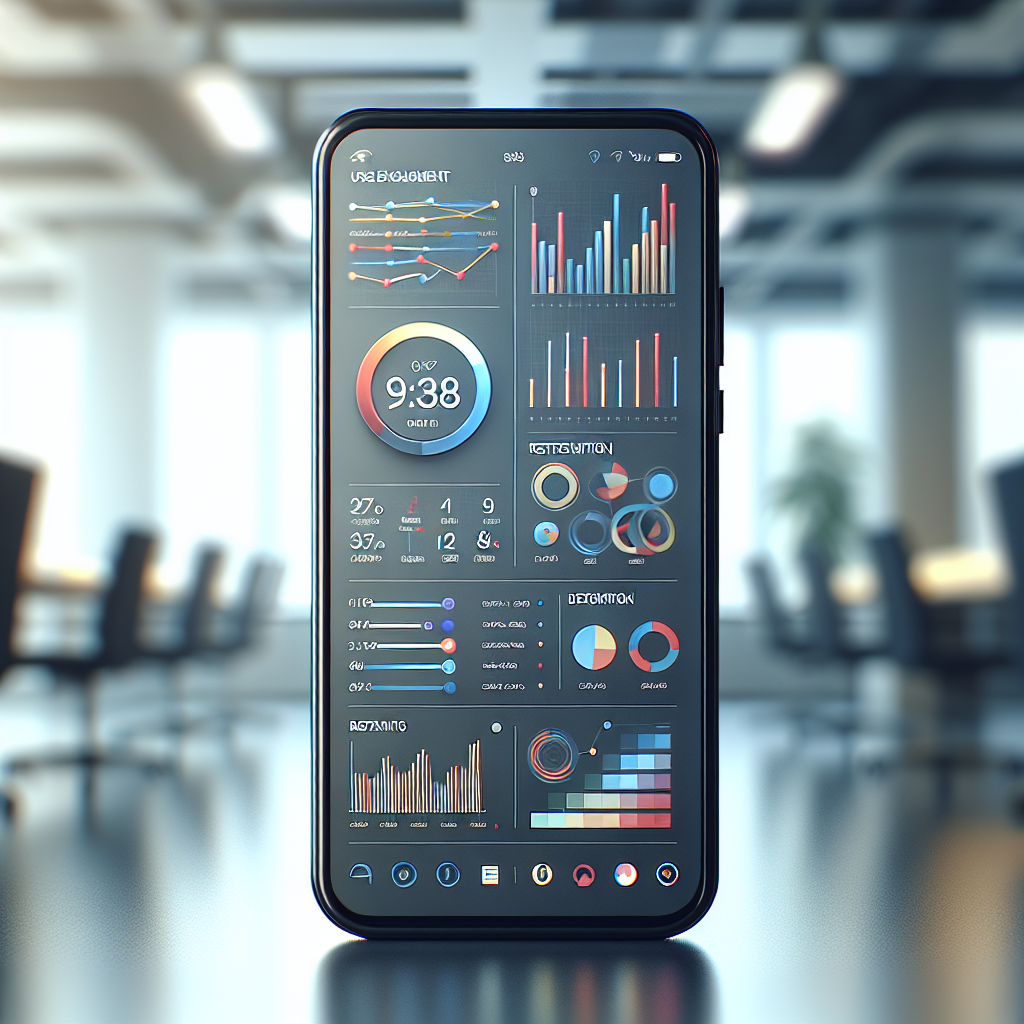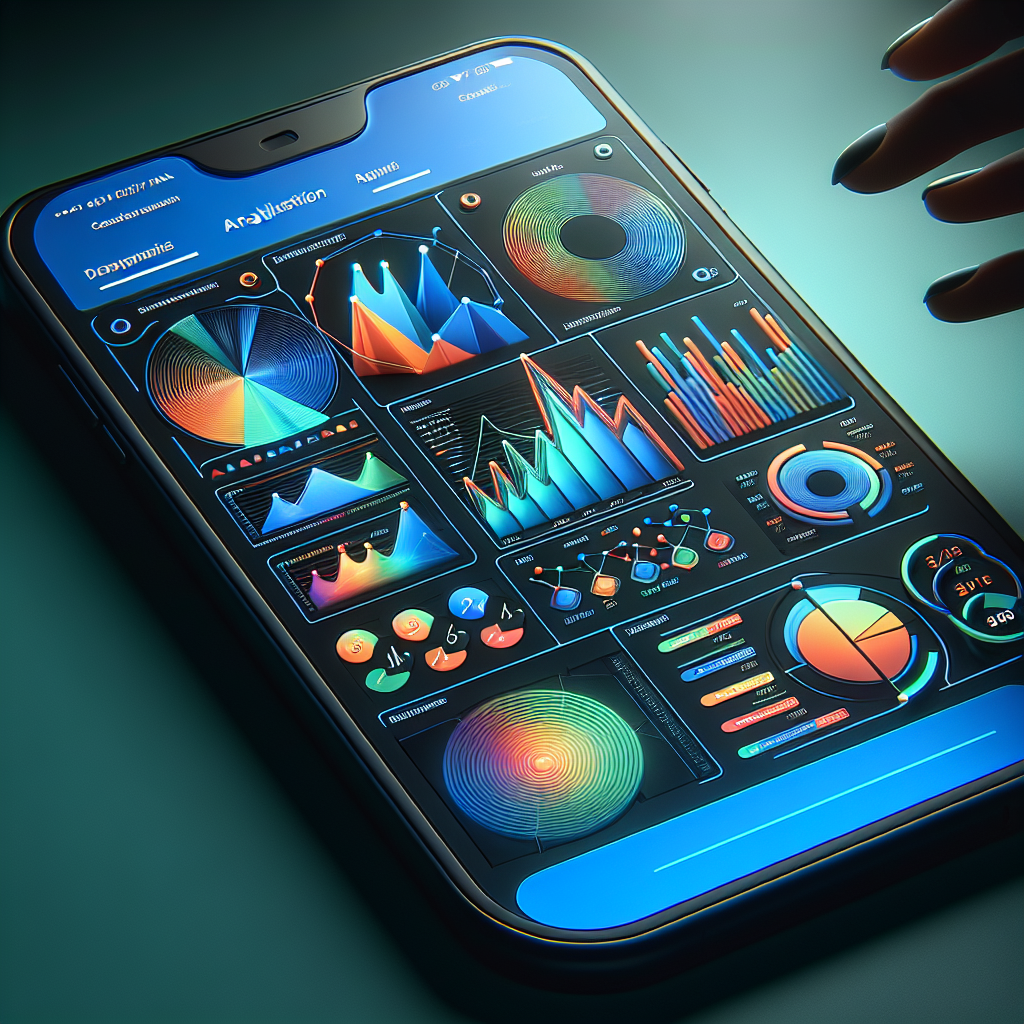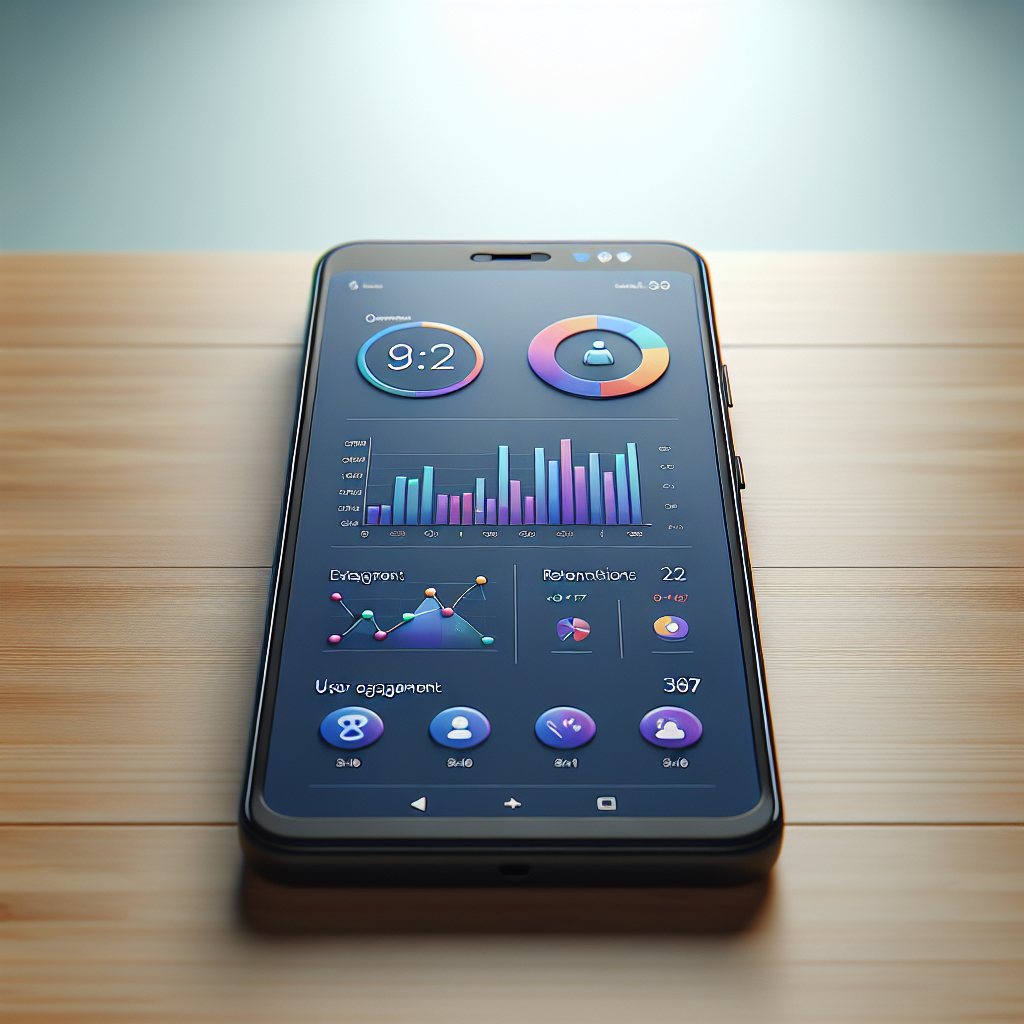In the ever-evolving landscape of mobile application development, understanding what an analytics app in Android entails is crucial for developers and marketers alike. An analytics app serves as a powerful tool that enables users to gather, analyze, and interpret data regarding app usage and user behavior. By harnessing this data, developers can make informed decisions that enhance the user experience and optimize app performance.
Analytics apps provide insights into various metrics, including:
- User engagement: Understanding how frequently users interact with the app and what features they utilize the most.
- Retention rates: Tracking how many users return to the app after their initial download, which helps identify areas for improvement.
- Demographic information: Gaining knowledge about the user base, including age, location, and device type, which aids in targeted marketing strategies.
- Conversion tracking: Measuring specific actions within the app, such as purchases or sign-ups, to assess the effectiveness of marketing campaigns.
By leveraging these insights, developers can implement data-driven strategies that not only enhance the app’s functionality but also align with user expectations. If you are looking to dive deeper into the world of mobile analytics, book a consultation now! Book A Consultation Now!
Key Features of Analytics Apps in Android

When exploring the realm of analytics apps in Android, it’s essential to recognize the key features that make these tools indispensable for developers and marketers. The right analytics app can significantly impact how well an app performs and how effectively it meets user needs. Here are some of the fundamental features to consider:
- Real-time Data Tracking: This feature allows developers to monitor user interactions and behavior as they happen, providing immediate insights that can inform rapid adjustments and improvements.
- User Segmentation: Advanced analytics apps enable the segmentation of users based on various criteria, such as demographics, behavior, or user journey, allowing for more targeted marketing strategies.
- Custom Dashboards: A user-friendly interface with customizable dashboards allows users to visualize key metrics and KPIs in a way that suits their unique needs, making data analysis more straightforward.
- Integration with Other Tools: The ability to integrate with other platforms, such as CRM systems or marketing automation tools, enhances the functionality of analytics apps, allowing for a more comprehensive view of user behavior.
- Goal Tracking: This feature enables developers to set specific objectives, such as increasing app downloads or enhancing user engagement, and track progress towards those goals over time.
These features collectively empower developers and marketers to make data-driven decisions that can lead to improved user experiences and higher conversion rates.
Benefits of Using Analytics Apps for Developers

Utilizing analytics apps in Android offers a plethora of benefits for developers looking to enhance their applications and optimize user engagement. Each of these advantages contributes to a more robust development process and a successful launch. Here are some of the key benefits:
- Informed Decision-Making: With access to real-time data, developers can make informed decisions based on actual user behavior rather than assumptions, leading to more effective updates and features.
- Improved User Experience: By analyzing user interactions, developers can identify pain points and areas for improvement, thus enhancing the overall user experience and satisfaction.
- Performance Monitoring: Analytics apps allow developers to track app performance metrics such as load times and crash reports, facilitating quick responses to any issues that arise.
- Marketing Strategy Optimization: Insights gained from analytics can help developers refine their marketing strategies, ensuring that they reach their target audience more effectively and reducing wasted ad spend.
- Enhanced User Retention: Understanding user engagement patterns enables developers to implement features that enhance retention rates, keeping users coming back to the app.
By leveraging these benefits, developers can not only create better applications but also ensure that their apps stand out in a competitive market.
How Analytics Apps Enhance User Experience
Analytics apps play a crucial role in enhancing the user experience of mobile applications by providing valuable insights into how users interact with the app. Understanding these interactions allows developers to create a more tailored and engaging experience. Here’s how analytics apps contribute to user satisfaction:
- User Behavior Tracking: By monitoring user actions within the app, developers can identify which features are most popular and which are underutilized. This data helps in prioritizing updates that cater to users’ preferences.
- Personalization: Analytics can aid in personalizing content and experiences for users based on their behavior and preferences. For instance, recommending products or features aligned with their interests can significantly boost user engagement.
- Feedback Mechanisms: Many analytics apps include tools for gathering user feedback, allowing developers to understand user needs and pain points. This feedback is invaluable for making informed improvements to the app.
- A/B Testing: Analytics apps enable developers to conduct A/B tests, comparing different versions of features to determine which performs better. This iterative process is essential for refining user experience.
- Performance Insights: Monitoring app performance metrics, such as loading times and error rates, helps developers identify and rectify issues that may hinder user experience, ensuring smooth and enjoyable interactions.
By integrating analytics into the development process, app creators can significantly enhance the user experience, leading to higher retention rates and increased user satisfaction.
Popular Analytics Apps for Android Development

When it comes to Android development, choosing the right analytics app is essential for gaining insights and optimizing your application. Here are some of the most popular analytics apps that developers frequently use:
- Google Analytics: As one of the most widely used analytics tools, Google Analytics provides robust features for tracking user behavior, engagement, and conversion rates. Its seamless integration with other Google services makes it a top choice for many developers.
- Firebase Analytics: Owned by Google, Firebase Analytics is designed specifically for mobile apps. It offers real-time tracking and detailed insights into user demographics, app usage, and in-app purchases, making it ideal for mobile-focused developers.
- Mixpanel: Mixpanel specializes in tracking user interactions and behaviors over time. Its powerful event tracking capabilities allow developers to analyze user journeys and retention rates, helping them understand how users engage with the app.
- Flurry Analytics: Flurry offers a comprehensive suite of analytics features, including audience segmentation, retention analysis, and in-depth reporting. It is particularly popular among developers of free-to-play games.
- Amplitude: Known for its advanced analytics features, Amplitude allows developers to dive deep into user behavior, providing insights into engagement, retention, and conversion metrics. Its cohort analysis feature is particularly beneficial for understanding user segments.
Each of these analytics apps provides unique features that can help developers make data-driven decisions and optimize their applications for better performance and user engagement.
Getting Started with Your Own Analytics App

Embarking on the journey to create your own analytics app can seem daunting, but with the right approach, it can be a rewarding experience. Here are some essential steps to get you started:
- Define Your Objectives: Begin by clearly outlining the goals of your analytics app. Consider what data you want to collect and how it will benefit your users.
- Choose Your Technology Stack: Select the programming languages, frameworks, and tools that will support the development of your app. Popular choices for Android development include Kotlin or Java, along with Android Studio.
- Implement Data Collection: Decide on the key metrics and user behaviors you want to track. Integrate libraries or APIs that facilitate data collection, such as those available from Google Analytics or Firebase.
- Focus on User Interface (UI): Design a user-friendly interface that presents data in an easily digestible format. Visualizations like graphs and charts can help users quickly understand the insights your app provides.
- Test and Iterate: Conduct thorough testing to ensure your app collects data accurately and performs well. Gather user feedback and be prepared to make adjustments to enhance functionality.
Creating an analytics app is not just about gathering data; it’s about transforming that data into actionable insights. If you’re ready to take the next step, Book A Consultation Now! to learn how App Wise Consultings can guide you through the process and help you develop a successful analytics app tailored to your needs.
